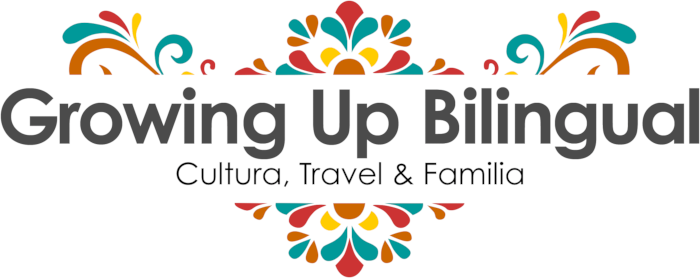Ogunquit Maine, A Beautiful Place by the Sea
On a recent trip to New England we took a drive along the coast of Maine and after visiting the Nubble Lighthouse we stopped at Ogunquit. Considered as one of the most picturesque small towns in the United States, Ogunquit which means “a beautiful place by the sea” in the language of the local Native … Read more




